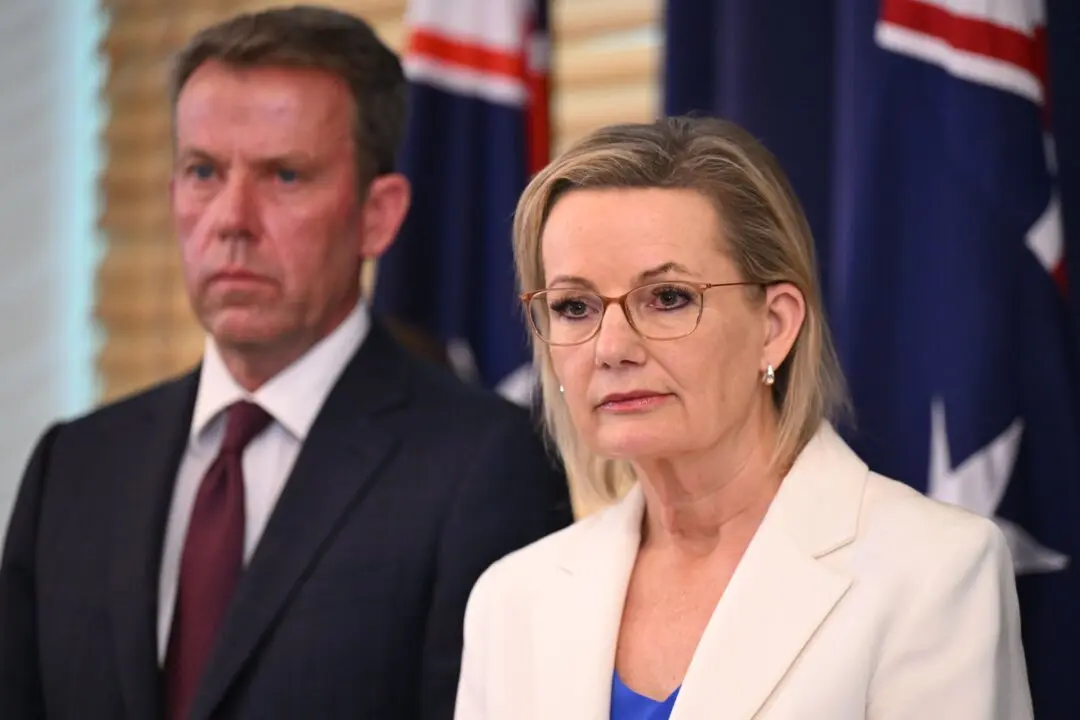Australian small to medium sized digital publishers have held off publishing news content on their Facebook feeds for 24 hours to force the tech giant to come to the table and negotiate payment deals with them.
The 30 media outlets have replaced their news feed with a standardised message including the hashtag #waitingonzuck.





